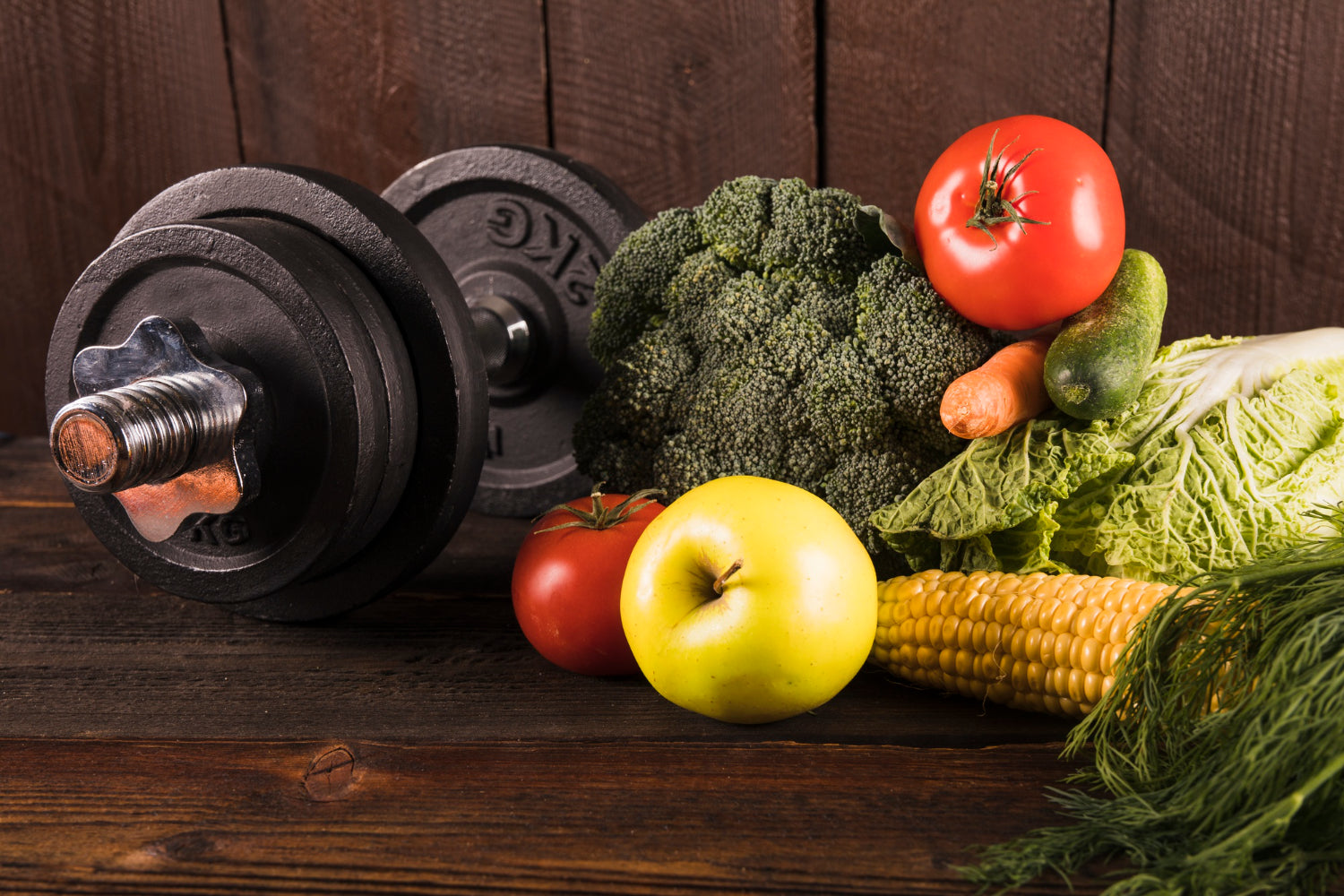The Best Plant-Based Protein Sources for Athletes

With the increasing popularity of plant-based nutrition, the demand for high-quality plant-based protein sources is also increasing. Even athletes who do not adopt plant-based diets are careful to create their daily meals from plant-based sources, apart from the supplements they take. At this point, the benefits and effectiveness of plant-based proteins come into question. If you have questions about the benefits and effectiveness of plant-based foods that you include in your meals and plant-based protein sources, you can start by learning the most basic information!
Why Plant Protein?
Some experts consider plant-based proteins to be a health-promoting change. Some studies have linked plant-based diets to healthy weight control and a lower risk of type 2 diabetes . But there are many factors to consider when comparing plant-based protein to animal protein, from taste to cost. But if you’re turning to plants for health reasons, it’s worth looking at the science behind their benefits.
Differences Between Animal Protein and Plant Protein
Complete proteins are proteins that provide all nine essential amino acids that the body cannot produce on its own and must obtain from food . Many vegan proteins do not contain all of the essential amino acids, leading some people to try to balance their protein intake by combining different foods (a common example is rice and beans). However, many experts now say that it is probably not necessary to match specific vegetarian foods for their amino acids . In other words, a well-balanced diet is likely to provide adequate amounts of all 20 essential and non-essential amino acids. On the other hand, a 2019 study of people on vegan and vegetarian diets found that they were getting enough protein and amino acids. In other words, it is actually possible for athletes to get the amino acids we need from plant-based protein sources.
There is one nutrient, though, that plant-based proteins can’t compete with their animal-based counterparts: vitamin B12, which is responsible for proper brain function and red blood cell formation. If you choose to go completely vegan, you’ll likely need to add this nutrient to your diet through a supplement.
The Best Plant-Based Protein Sources
The best plant-based foods are those that not only provide plenty of protein but also other benefits.
- Beans can be offered as a basic source of plant protein . Compared to animal protein sources, their fiber content makes beans and their varieties a successful source of plant protein.
- Lentils , like beans, are a strong source of plant-based protein, providing around 9 grams of protein per 100 grams. They are also rich in fiber, which aids digestion and helps athletes feel full for longer, maintaining energy levels during intense training sessions or competitions.
- Chickpeas are one of the leading sources of plant-based proteins. Chickpeas, which contain approximately 19 grams of protein per 100 grams, are also rich in carbohydrates and provide athletes with sustained energy for long-term exercises or endurance activities.
- Black beans are a very important source of plant protein, containing about 22 grams of protein per 100 grams. They also contain essential nutrients such as iron and magnesium, which are very important for maintaining general health and optimizing athletic performance. They provide an important protein contribution to support muscle repair and growth, while also preparing the basis for delicious dishes.
- Next to beans is tofu , which is often preferred because of its versatility . Previously less preferred because of soybeans’ allergenic risks , a study by Nutrition Today found that the prevalence of soybean allergies is lower than the prevalence of the other top seven allergens, which include milk, eggs, fish, shellfish, peanuts and wheat.
- Along with main meal foods like beans and tofu, nuts are also among the plant-based protein sources that stand out with their ease of consumption and versatility. For example, pistachios, which contain about 6 grams of protein per quarter-cup serving , can be a great option to include in meals.
Meal Planning for Athletes on Plant-Based Diets
Meal planning is essential for athletes on plant-based diets to ensure they are meeting their protein and nutrient needs for optimal performance and recovery. Balancing macronutrients, including protein, carbohydrates, and healthy fats, is key to supporting energy levels and muscle repair. Therefore, athletes should aim to include a variety of plant-based protein sources, such as legumes, grains, nuts, seeds, and soy products, in their meals to ensure they are getting all the essential amino acids.
In addition to pre-workout and post-workout supplements, meals should also focus on providing adequate protein and carbohydrates to fuel your workout, support muscle glycogen replenishment, and facilitate muscle recovery. Including a variety of colorful fruits and vegetables in meals ensures athletes are getting the vitamins, minerals, and antioxidants needed for overall health and immune function.
Planning and preparing meals ahead of time can help athletes stay on track with their nutritional goals and avoid relying on convenience foods that are lacking in essential nutrients. By prioritizing nutrient-rich plant-based foods and careful meal planning, athletes can also improve their performance and athletic performance with a plant-based diet!




Leave a comment